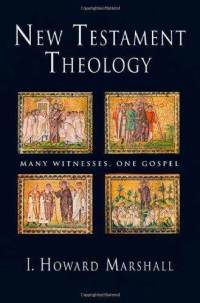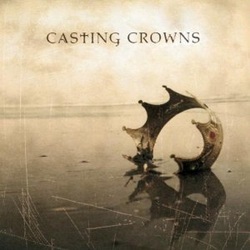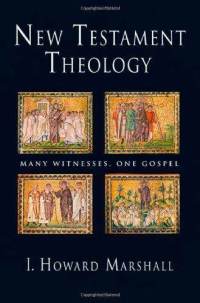 Don Howell's "God-Christ Interchange in Paul: Impressive Testimony to the Deity of Christ" in terms of Dogmas, Doctrines, Distinctives, and Details.* Dogmas. Howell addresses the Biblical support within Pauline literature for the affirmation of Christ's deity, and subsequently his role within the Trinity. This is a Dogma level issue because it is crucial to the Gospel message God emplaced as part of his plan for the salvation of mankind. Since the paper largely provides scriptural evidence for orthodox Christology, the entire review could be considered under this category. However, since not all the evidence of Christ's divinity is necessary to proclaim it, the line between Dogma and Doctrine becomes blurred as some (and not always the same), but not all biblical evidence is necessary for God to save (for the sake of this review they will be treated below). Howell presupposes a high view of scripture since it is used almost exclusively to support each of the language-interchange categories presented into Pauline literature.
0 Comments
 I. Howard Marshall's chapter of Matthew in terms of Dogmas, Doctrines, Distinctives, and Details.* Dogmas. Marshall largely affirms the crucial tenets of Christianity, but often flirts with non-orthodox ideas such as the concept of a “Historical Jesus” (which if seen as an ordinary man deified by history would undermine Salvation). However, Marshall approves of Christ's teaching of God as Father whose “relationship is spiritual rather than being based on creation” (100). He also affirms that Jesus is the Son of God, the Messiah, and third member of the Trinity (113-4) as promised in the Old Testament (116). This orthodox Christology is rounded out with Jesus' deity being pointed to by Jesus as Son in an exclusive relationship with the Father more fully developed in John (103). Marshall also confirms the exclusivity of Christ in stating that the Kingdom of Heaven is the only way (125). Ideas that derail God's plan of salvation, namely that the Great Commission was completed with just Israel in the book of Acts, are mentioned (102), but Marshall seems to tactfully dismiss them.  Wonder where the band's name originated? Craig Blomberg's Degrees of Heavenly Reward in the Kingdom of Heaven? in terms of Dogmas, Doctrines, Distinctives, and Details.* Dogmas. Blomberg does a fabulous job of revealing the dangers that “heavenly rewards” poses to the essentials of Christianity. He not only asserts salvation by faith in Christ alone (159) in this life (172) but also that Heaven will not open for those who “flagrantly repudiate Christ without subsequent repentance” (163). Blomberg rightly warns that the threat is not contingent upon whether one believes in “heavenly rewards,” (165), but that one's profession of faith may prove to be entirely vacuous, thus excluding them from Heaven because they thought that the lack of fruit in their lives indicated the absence of future rewards, not the absence of their salvation (172). “Saving faith does over time lead to a visible transformation in lifestyle and to growth in holiness” (172) for a tree is recognized by its fruit! The “prosperity gospel” is a false gospel, for health and wealth supplant Christ crucified.  I. Howard Marshall's chapter of Mark in terms of Dogmas, Doctrines, Distinctives, and Details.* Dogmas. Although Marshall values Higher Criticism, he denounces the idea that the gospels are a random spattering of stories collected from Jesus' life and ministry strung together as each gospel writer attempted in vain to recall the exact ordering of events. Instead, he points out why each gospel is different (ex. available space to record, limited access to all information, and authorial situational context). So while Marshall may not hold to inerrancy, he still values scripture's authority by accounting for differences as each author promoting a theological message and desired response. Overview:
The meaning of the word "love" has seemingly been lost in our post-modern age and culture has rushed in to fill the void. However, there is a biblical understanding of the term, at least when it is used in Scripture. So when 1 John 4:7-12 says that "God is Love" it's quite clear that John means that "Jesus Christ on the cross as the propitiation for our sins" is the natural overflow of God's character. Leave Feedback! A sermon I preached for a Homiletics class. I'm still growing as a preacher, so please leave some constructive feedback in the comments! Click "See More" for example feedback: |
AuthorBrett Yardley: Categories
All
Archives
January 2019
|

